Showing 7 results for:
data privacy
Popular topics
All results
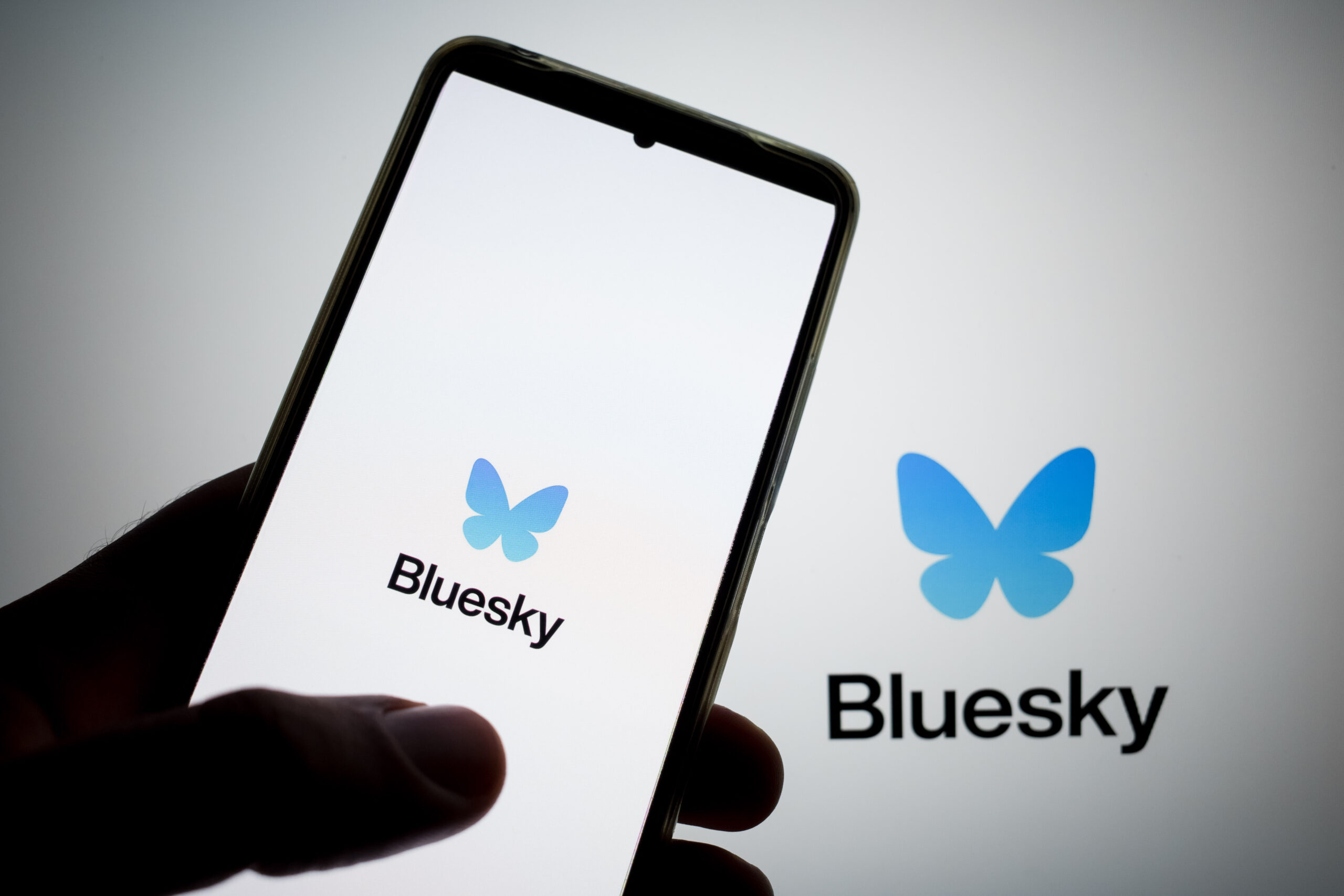
Many users are abandoning Elon Musk’s X in favor of the emerging social media platform Bluesky. The Guardian reported that over 1 million people have joined Bluesky since the U.S. presidential election — a surge in sign-ups as users seek alternatives to X, formerly Twitter, amid growing concerns about misinformation and extremism. Currently, Bluesky reportedly has about 15 million users. “It feels like a very welcoming, safe space,” Pariss Chandler, organizer of Black Tech Twitter and founder of the recruitment platform Black Tech Pipeline, told NBC News. “I wonder if that’s because they have lots of regulations and safety protections on that platform. They provide something Twitter no longer does.” In 2019, Jack Dorsey, Twitter’s then-CEO, announced plans to fund the development of an “open and decentralized” social media standard, according to The Guardian. Thus began the Bluesky project. Bluesky became an independent company in 2021. The platform offers a familiar social media...
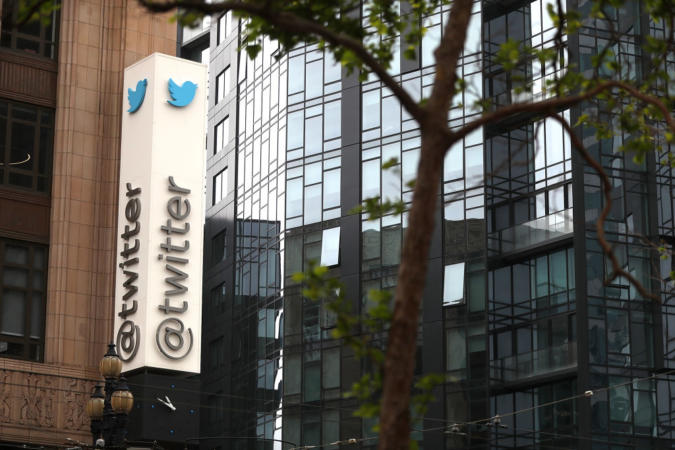
Twitter recently released a shocking statement revealing that they have been sharing private information of users with advertisers. In the statement posted on the Help Center of the company’s site, they admitted to matching customers to advertisers’ marketing lists using the email addresses and phone numbers they provided for security features like their Two-factor authentication process: “We recently discovered that when you provided an email address or phone number for safety or security purposes (for example, two-factor authentication) this data may have inadvertently been used for advertising purposes, specifically in our Tailored Audiences and Partner Audiences advertising system. “ According to Twitter, the Tailored Audiences feature allows advertisers to target ads to customers based on the advertiser’s own marketing lists (e.g., email addresses or phone numbers they have compiled). Partner Audiences then allows advertisers to use the Tailored Audiences feature to target ads...

Facebook wants to pay users in exchange for tracking their data. The company released a new, invite-only app called Study as part of its Facebook Study Program to consensually collect information on users’ phone habits. Study will only be available to Android users and will track everything from the amount of time users spend in apps, to their locations and which apps they are using. Facebook will not have access to user messages, photos, IDs and passwords. The company said it wants to collect data to “helps us learn which apps people value and how they’re used,” and to figure out how to improve its products. Facebook also ensures that it will not sell the information to third-parties. Users will have to verify their age and PayPal accounts to be a part of the study. The company is using PayPal as its payment method, which is why it is asking for those accounts to be verified. The program comes after another notable scandal that landed Facebook in hot water. Earlier this year,...
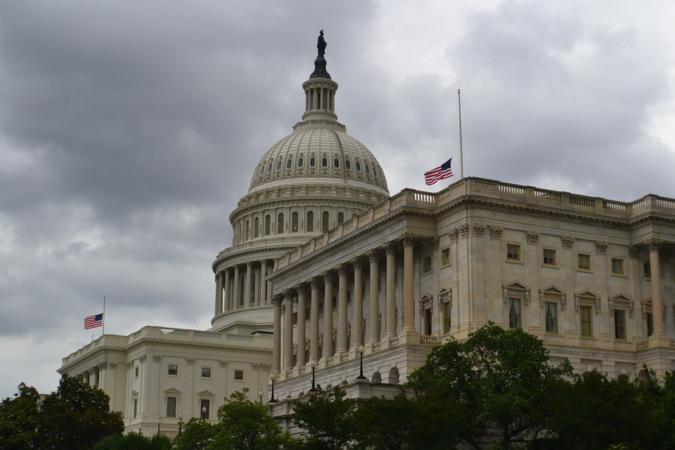
Targeted ads have gotten aggressive to the point where some online users have complained about the amount of data ad agencies and other companies collect from browsers. Sen. Josh Hawley (R-MO) recently drafted a “Do Not Track” Act to combat data tracking and allow users to opt out of having their data tracked by online services. “Big tech companies collect incredible amounts of deeply personal, private data from people without giving them the option to meaningfully consent,” Hawley said to the Verge . “They have gotten incredibly rich by employing creepy surveillance tactics on their users, but too often the extent of this data extraction is only known after a tech company irresponsibly handles the data and leaks it all over the internet.” The act would fine tech companies $1,000 a day per person for knowingly collecting users’ information despite them opting out of having their data shared. Companies that unknowingly tracked user data would pay fines of $50 a day per person. U.S....

Apple has removed at least 11 of the 17 most downloaded parental and screen-time control apps from its App Store, according to the New York Times. The move comes after the company began making stricter rules on iPhones’ ability to control other smartphones, the use of certain APIs and the release of its own screen-time monitor. Screen-time control apps seem to be counterproductive for Apple; however, the company said that it does not want people using iPhones all the time. “This has never been an objective for us,” Apple CEO, Tim Cook, said at the TIME 100 Summit earlier this month. An Apple spokeswoman told the New York Times that the company has removed some apps because they collect too much user data, which violates the company’s rules. “We treat all apps the same, including those that compete with our own services,” Tammy Levine, the Apple spokeswoman. “Our incentive is to have a vibrant app ecosystem that provides consumers access to as many quality apps as possible.” Apple’s...
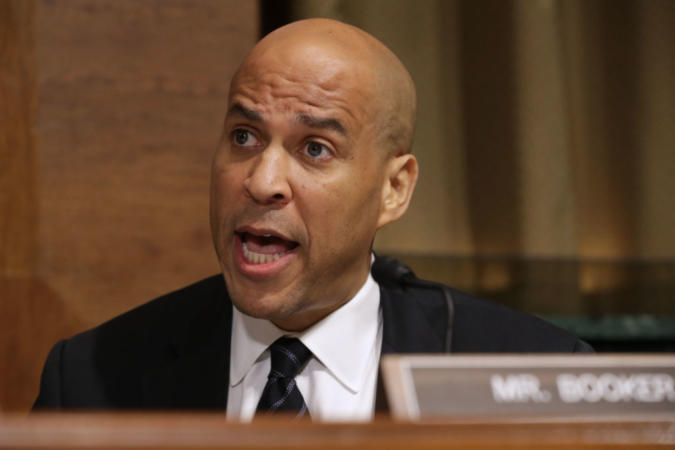
Over the past few years, big tech companies like Facebook and Amazon have come under fire for discriminatory artificial intelligence. Now, U.S. lawmakers are presenting a bill that will make tech companies check their algorithms for biases. Drafted by Sens. Cory Booker and Ron Wyden, the Algorithmic Accountability Act of 2019 calls for the Federal Trade Commission to require companies collecting and sharing data for the purpose of algorithms to conduct impact assessments on their privacy and AI tools. The law notes that algorithms can contribute to and amplify “unfair, biased, or discriminatory decisions” that impact consumers. For now, the bill is aimed at big tech companies and data brokers. It would only apply to companies who are valued at more than $50 million or who have access to more than 1 million consumers’ data. “Computers are increasingly involved in the most important decisions affecting Americans’ lives — whether or not someone can buy a home, get a job or even go to...
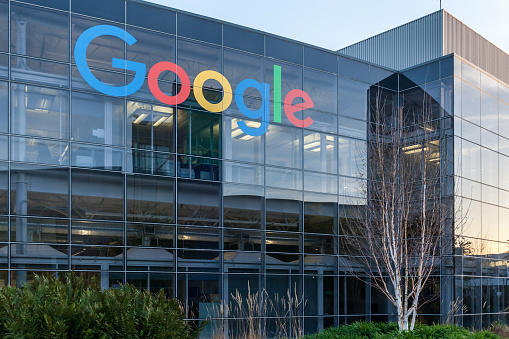
Some states are stepping up to the plate in regards to appropriately regulating tech. Recently, Mississippi’s attorney general, Jim Hood, said the state is preparing an antitrust case against Google, as reported by CNBC . “At some point in the future, there will be a reckoning,” Hood said, according to CNBC. “It’ll either be in Congress or in a court of law.” Hood said the case will tackle the privacy practices of Alphabet — Google’s owner — and it’ll be similar to a federal case brought against Microsoft in the late 1990s. In that case, the federal government reviewed antitrust charges against Microsoft. Eventually, the company was charged with acting as a monopoly and limiting competitions on PCs. At the time, they were forcing manufacturers to bundle Internet Explorer on their hardware products before receiving a license for the Windows 98 operating system. Obviously, Microsoft wasn’t forced to split up because they’re still around today. However, the settlement definitely shook...